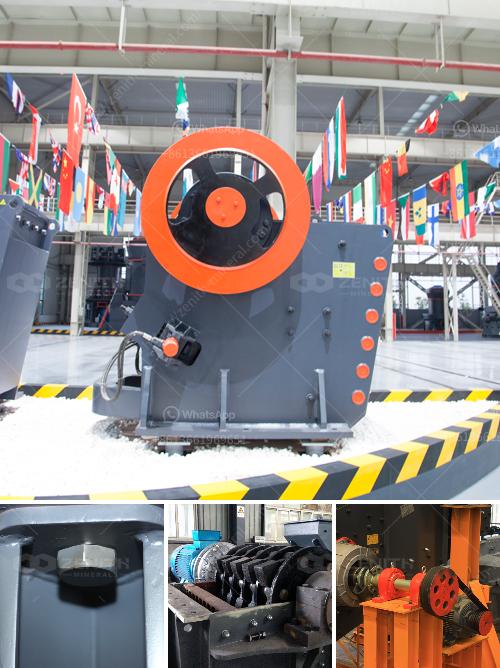Managing a quarry business involves a range of tasks and responsibilities. Here are some key steps and best practices to consider:
-
Understanding Legal Requirements:
- Obtain necessary licenses and permits from local, state, and federal authorities.
- Ensure compliance with environmental regulations and safety standards.
-
Planning and Strategy:
- Develop a business plan outlining your objectives, target markets, and strategies to achieve them.
- Conduct market research to understand the demand for quarry products and identify potential customers.
-
Site Selection and Preparation:
- Choose a suitable location based on geological surveys that ensure ample and high-quality material.
- Prepare the site, including clearing land, setting up access roads, and installing necessary infrastructure.
-
Equipment and Technology:
- Invest in high-quality quarrying equipment such as crushers, screens, and conveyors.
- Implement technology for efficient operations, including inventory management software and GPS for tracking equipment.
-
Operational Management:
- Develop a detailed operational plan covering drilling, blasting, extraction, and processing techniques.
- Implement a strong safety program to protect workers and comply with regulations.
- Oversee daily operations, managing staff schedules, equipment maintenance, and material production.
-
Financial Management:
- Establish a budget and monitor expenses to ensure profitability.
- Keep accurate records of transactions, sales, and inventory.
- Consider financial forecasting to plan for future growth and investment.
-
Human Resources:
- Hire experienced and skilled personnel for operations, management, and administrative roles.
- Provide ongoing training and development opportunities to ensure a knowledgeable workforce.
-
Marketing and Sales:
- Develop a marketing strategy to promote your products to construction companies, contractors, and other potential customers.
- Build strong customer relationships through excellent service and consistent product quality.
-
Sustainability and Environmental Impact:
- Implement sustainable practices to minimize the environmental impact of quarrying activities.
- Develop reclamation plans to restore land after quarrying operations are completed.
-
Continuous Improvement:
- Regularly assess and refine operational processes for efficiency and effectiveness.
- Stay updated on industry trends, technological advancements, and market changes.
Effective management of a quarry business requires a balance of strategic planning, operational efficiency, and adaptability to changing conditions.

